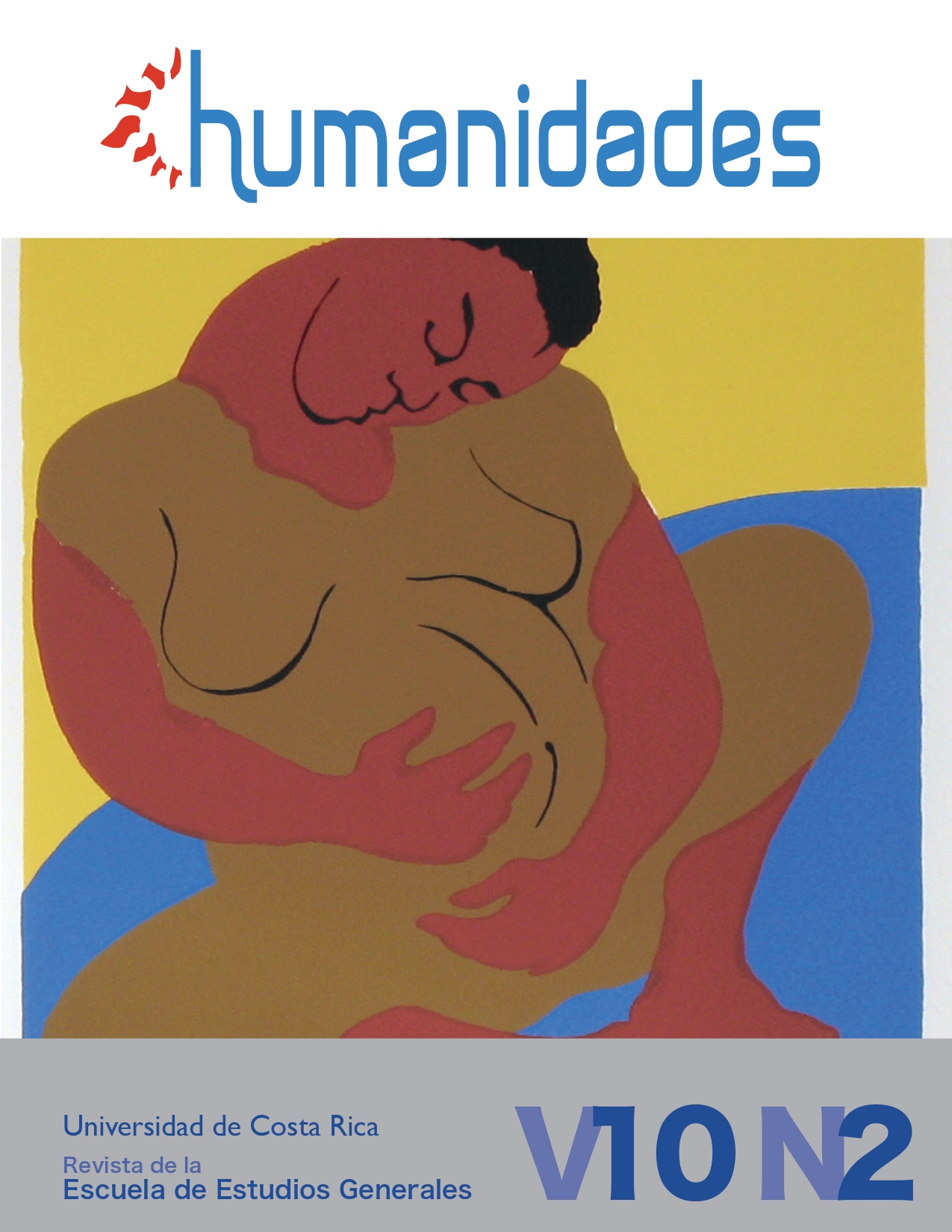Abstract
The concept of history in Vico came out around the search of the historical particularity of peoples' lives. The Enlightenment had mixed the linearity of the historical event with the moral notion of the perfection of human consciousness. Vico, based on the notion of the Providence, built a non-deterministic notion of history and civil orders. The central thesis of this paper is that, in Vico's perspective, civil affairs are understood from the human historicity which is concretized in political orders. This order, of course, is unstable because the bases of civilization cross the intersubjective thresholds of fear, shame, and embodiment. The potential return of barbarism, the same that perhaps was brewing before our eyes today, could mean a radical transformation of the civil order and a exposition to other human and political experiences. Vico's philosophy of history, present in his New Science, is a powerful tool that helps to understand the uncertainty that the West suffers in the face of time and under its civilizing history today.
References
Agustín, San. (1958). La Ciudad de Dios. Madrid, España: Editorial Católica S.A.
Berlín, I. (2006) Contra la corriente. Ensayos sobre historia de las ideas. México: Fondo de Cultura Económica.
Bermudo, J. M. (1996). Condenado a la soledad. En G. Vico, Ciencia Nueva (tomo I) (pp. 13-29). Madrid, España: Planeta Agostini.
Cassirer, E. (1993). La filosofía de la Ilustración. México: Fondo de Cultura Económica.
De la Villa, R. (1995). Introducción. En R. De la Villa (Ed.), Ciencia Nueva. Giambattista Vico (pp. 13-34). Madrid, España: Editorial Tecnos.
De Reina, C. (1960). Santa Biblia. México: Sociedad Bíblica Unidas.
Flores, C. (1989). Comunidad ética y filosofía de la historia en Kant. En J. Muguersa y R. Rodríguez (Eds.), Kant después de Kant. En el bicentenario de la Crítica de la Razón Pura (pp. 207-220). Madrid: Tecnos.
Kant, E. (2004). Filosofía de la historia. Qué es la Ilustración. Argentina: Ediciones Terramar.
Livov, G. (2003). Corporalidad y poder en la Scienza Nouva de 1744. Cuadernos sobre Vico (15-16), 65-100. Recuperado de http://institucional.us.es/revistas/vico/vol.15-16/art%204.pdf
Löwith, K. (1973). El sentido de la historia. Implicaciones teológicas de la filosofía de la historia. Madrid, España: Ed. Aguilar.
Nuzzo, E. (2003). Figuras de la barbarie. Lugares y tiempos de la barbarie en Vico. Cuadernos sobre Vico (15-16), 151-162. Recuperado de http://institucional.us.es/revista/vic o/vol.15- 16/art%207.pdf
Vico, G. (1995). La Ciencia Nueva. Madrid, España: Editorial Tecnos
Vico, G. (1996a). Ciencia Nueva (tomo I). Madrid, España: Planeta Agostini.
Vico, G. (1996b). Ciencia Nueva (tomo II). Madrid, España: Planeta Agostini.
Zanetti, G. (2008). El rojo y el blanco: notas acerca del papel de las emociones en la Scienza Nouva. Cuadernos sobre Vico (21-22), 137-149. Recuperado de http://institucional.us.es/revistas/vico/vol.21-22/I.%20ESTUDIOS%20VIQUIANOS/9%20%28Zanetti%29.pdf



